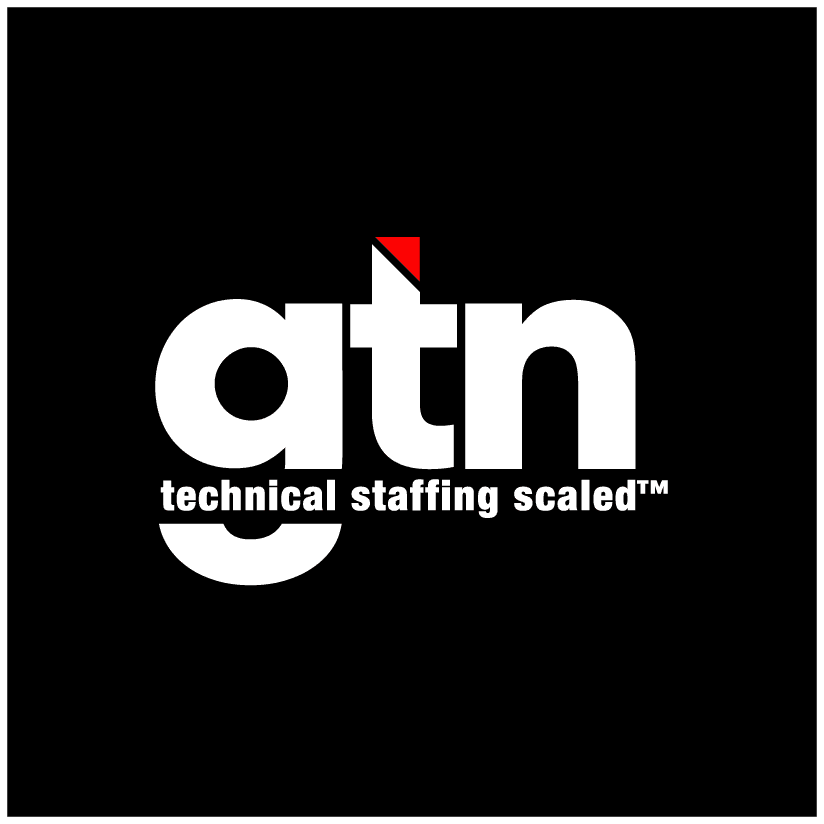Two of the top jobs in technology are as a software developer or as a database administrator. The two jobs are neck-in-neck when it comes to salary and job availability and are pretty equal in the overall career satisfaction of people employed in those roles.
Once they’ve received a degree in Computer Science, college graduates often need assistance in choosing a career path.
When determining if a career as a software developer or database administrator would be right for them, it’s a good idea to think of what you like, dislike, what you excel at and your weaknesses.
Each job requires different strengths, and it’s wise to evaluate your own personality before moving into one of these roles.
Software Developer
A software developer is a tech-savvy pro who is able to design, test and maintain complex software. They analyze their client’s needs and design a custom solution, including writing software code.
As a software developer, also known as a programmer, there are plenty of incentives to the job.
Programmers tend to make a large paycheck with a median salary of $90,060 according to The Bureau of Labor Statistics, they don’t usually have a dress code at work, and teaching yourself new skills is possible to help advance yourself in your work, but there are many who don’t have the right personality to excel in the software development realm.
Here is what you can expect as a developer or programmer:
- You’ll likely spend some time at work as well as your free time teaching yourself. Most development offices don’t offer as much individual training on jobs. You’ll be expected to have most or all of the skills needed for the job on the first day. Because developer training is expensive, you’ll need to verse yourself in numerous programs so you’re prepared for whatever project is thrown your way.
- Your schedule can become sporadic. As with any job, a big deadline may mean late nights in the office, but unlike other positions, there’s no one who can pick up the slack for you or figure something out if you are unable to stay late. A developer is a very specialized position and when a big deadline is looming, it likely will mean you’re regular schedule is nonexistent.
- As a developer, it’s important to be able to work with others. As a specialist in your area, it’s likely your manager or coworkers will be nontechnical, and you’ll need to be able to communicate effectively with these people.
- As a software developer, it’s important to practice patience. The job can be frustrating and taking over a new job or project from a previous programmer can mean major issues or confusion for you. If you’re unable to keep your cool and problem solve, a job in software development would be very unpleasant. Plus, no one wants to sit in a cubicle next to a person cursing at their computer screen.
- If you can’t pay attention to small details, programming probably isn’t your calling. Missing a period or a letter could mean spending hours trying to fix a problem that would be nonexistent had you checked your work in the first place. As a software developer, the details are what make you successful.
- One of the most confusing parts of being a software developer is the constant changes to coding. Technology is an ever-changing field and as a software developer, it means you must constantly be motivated to do the best you can and pay attention to changes. Using a band-aid fix for a small error now could mean big problems in the future, so paying attention to where technology is going and changes that are possible, and working for those rather than fixing for now, will make you much more valuable.
Database Administrator
Database Administrators aren’t as in demand as software developers. However, their job has a higher level of job security in it.
Almost every company in all industries require some form of a database, which must be organized and managed by a database administrator according to the company’s needs.
They not only are responsible for organizing the database, but they must implement security measures and keep track of ongoing maintenance. The role requires leadership and taking control rather than waiting for something to happen or for someone else to do the job.
You must also look toward the future and what the database should look like in a few years rather than what it should look like for tomorrow.
This is a job that someone could do in a big corporation or as an individual consultant for many companies. Many have not only earned a bachelor’s degree in computer science, but also an MIS or an MBA with a concentration on information systems.
A database administrator can expect to earn a median salary of $78,520, according to the Labor Department.
Which should you choose?
Here are some ways to decide if a job as a database administrator is the right technical job in Dallas for you:
- Much of the learning while a database administrator is done while actually on the job. School can help to prepare you for your future in this career field, but for most, it’s easiest to truly understand what is required of them once they’ve started working. Many employers even expect their employees to earn specific certifications for platforms before the database can be built.
- As a database administrator, it’s important to be able to handle stress. There’s no room to be wrong and if something goes amiss there’s no room for panic. Composure and dealing with the problem is vital.
- Working in a team is a big part of the job for most database administrators, so it’s important to have good communication skills, patience with others and the ability to brainstorm and troubleshoot with others. It’s hard for all parties involved to be successful if they’re unable to talk and work together toward one goal.
- Certifications are important for getting and maintaining a job, so being an agile learner isn’t an option – it’s a must! You may know one specific version of a database but with constant updates and improvements, it’s easy to go from being an expert to once again becoming a beginner. It’s mandatory to continue to learn and gather certifications as often as possible. Some popular certifications required in the field are MySQL Database Administrator, Microsoft Certified Database Administrator or Oracle DBA.
- One of the most important qualities of a database administrator is being able to trust others. It’s important to be a quality leader and to only allow the best people to be a part of it. If you are able to allow them to help you with the database then you can trust them to do the work you need them to do so that you’re also able to set an example and work hard on your own assignments.
- If you’re a database administrator then meetings are very regular, if not daily. Managing a database requires many moving parts so being able to coordinate and lead meetings is crucial. Meetings can help to update co-workers, brainstorm or even review prior projects. Plan on having team meetings to keep all involved on the same page, which will also help to keep accountability on yourself and your team.
- Along with keeping accountability, it’s important to be able to take responsibility when things aren’t going as planned. As a database administrator, you’re the one in charge of that entire system and there’s no room for placing blame or sidestepping issues. It’s important to be able to step up, take the blame and offer a solution or ask for help as soon as possible rather than wait for a small problem to become a huge catastrophe. It’s never fun to admit you’ve made a mistake, but being able to do this is vital.
The skills for a software developer and a database administrator are different from each other and many Dallas technical professionals fit either one description or the other. If you’re unsure which will be best for you, it’s also a good idea to talk to a technical recruiter and then use their feedback to help build a resume for the career that would be best for you.






